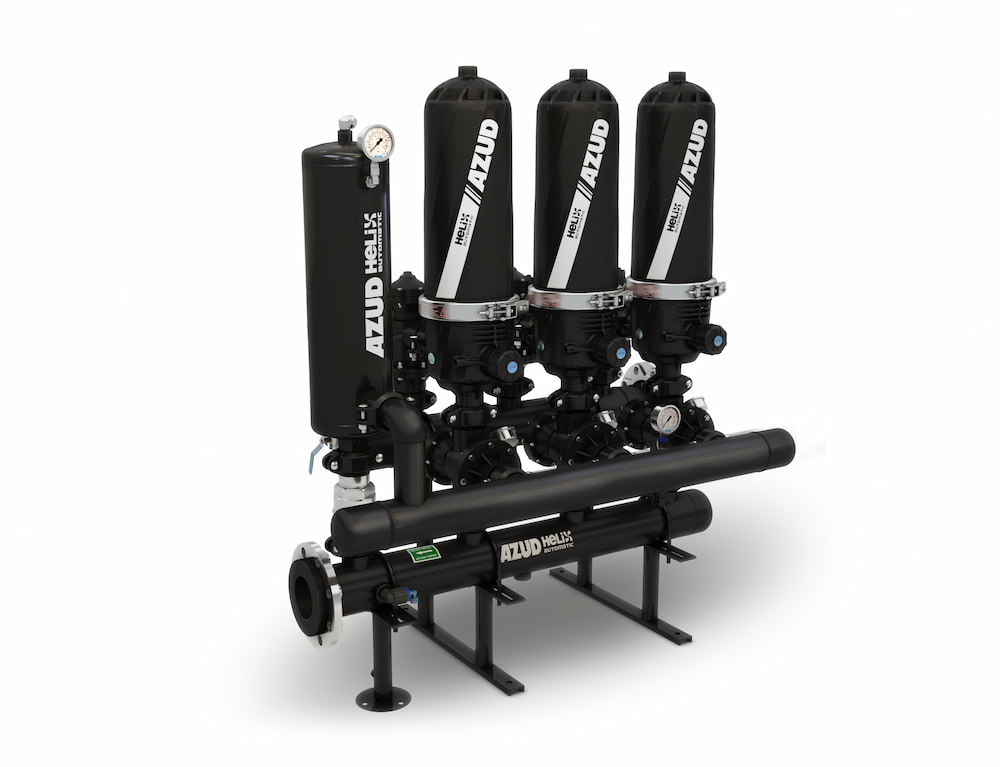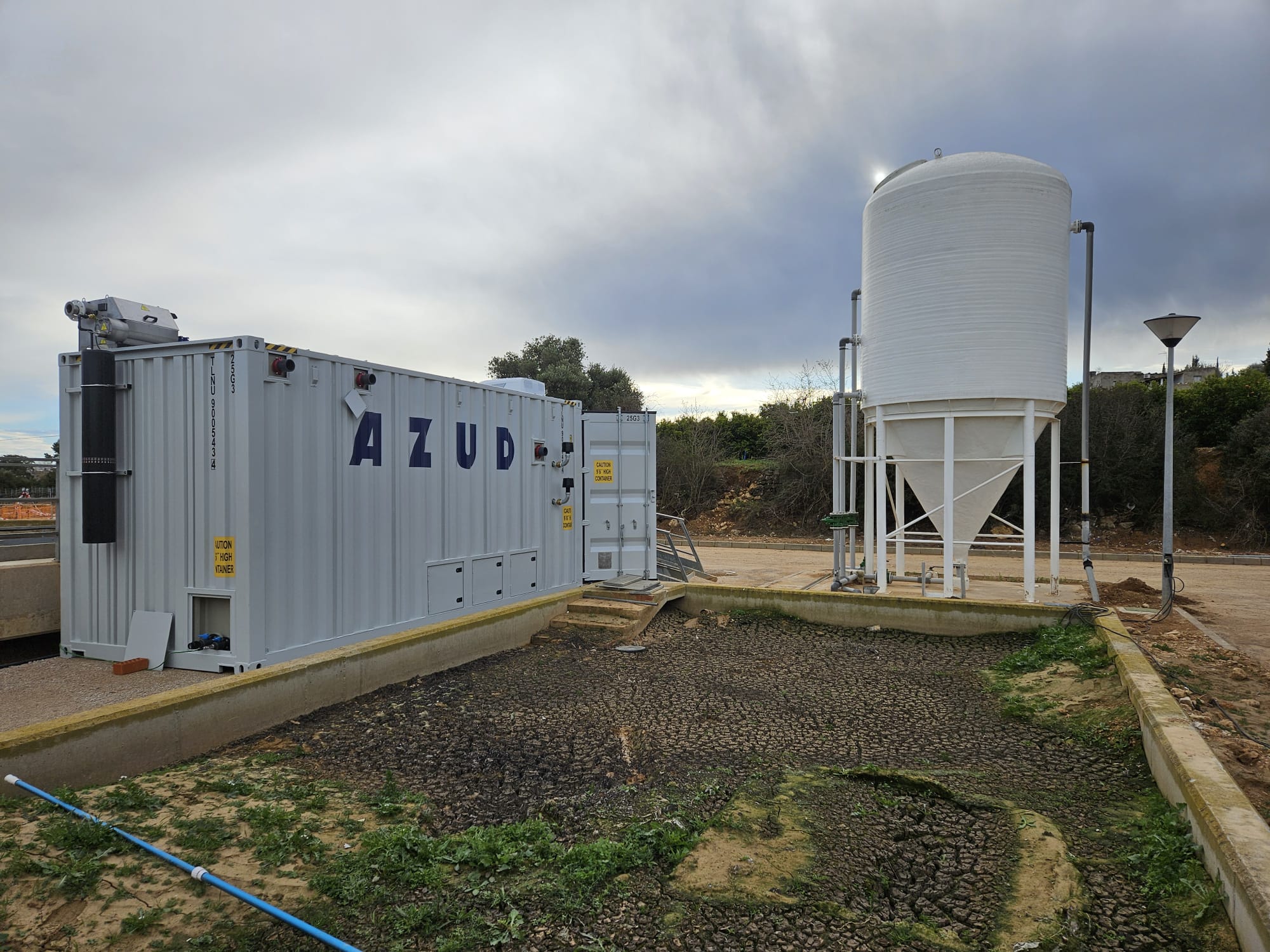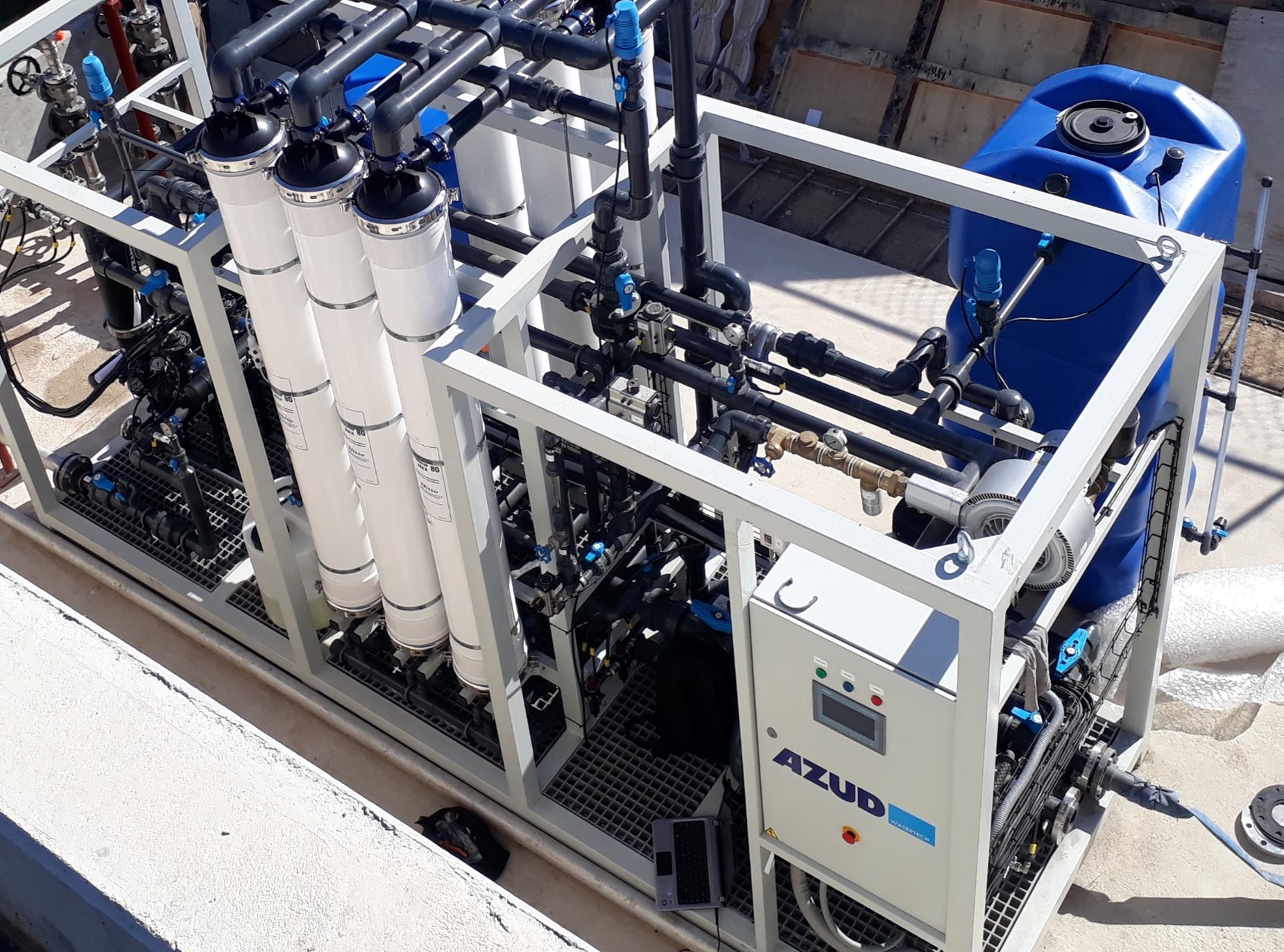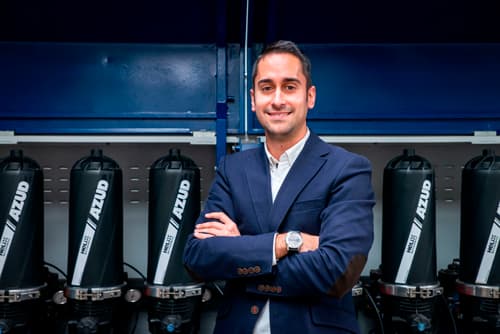Table of contents
In our relentless pursuit of clean and safe water, an invisible but serious threat has emerged: PFASs. These seemingly harmless chemical compounds have become a significant problem for drinking water quality globally. In this article, we will explore in detail what they are, and why they represent a major challenge to our health and the environment, as well as highlight methods for their elimination.
What are PFASs?
Perfluoroalkylated and polyfluoroalkylated substances (PFAS) are a group of chemical compounds characterized by their unique molecular structure, which includes a very strong carbon-fluorine bond. This feature makes them highly impermeable to water, grease and heat, which has resulted in their inclusion in a wide variety of industrial and consumer products. PFASs are present in numerous applications, from non-stick coatings on frying pans to water-resistant products such as raincoats and fire extinguishers.
Problems Associated with PFASs
Despite their usefulness, PFASs present a number of significant problems. One of the most notable is their environmental persistence, as they do not decompose easily and can accumulate over time. This turns them into environmental pollutants, affecting water and soil quality.
A particularly worrisome problem is the contamination of drinking water. PFASs can infiltrate aquifers and water supply systems, leading to the presence of these compounds in the water we drink and cook with. In addition, prolonged exposure to PFASs has been linked to serious health problems. The main route of exposure for humans is through consumption of contaminated food and water.
Water Filtration Solutions by AZUD
To address PFAS contamination in drinking water, advanced and effective filtration technologies are essential. In this regard, AZUD offers innovative solutions that can help reduce PFAS concentrations to safe levels. Filtration technologies offered include disc filters and ultrafiltration, both of which are highly efficient in removing particles and contaminants.
Disc filtration systems AZUD HELIX AUTOMATIC AA thanks to their combination of technologies, provide a double filtration effect, both on the surface and in depth. In this way, they provide a complete solution for the removal of oversized inorganic and organic particles above the filtration grade.

Global Restrictions
In recent years, various national authorities and the European Union have taken measures to address the threat of PFASs. Countries such as Denmark, Germany, the Netherlands, Norway and Sweden have assessed the risks of these compounds and submitted a joint proposal to the European Chemicals Agency (ECHA).
European Chemicals Agency (ECHA) to restrict more than 10,000 PFASs. to restrict more than 10,000 PFAS substances. The European Commission’s final decision is expected in 2025. In addition, New Zealand is considering phasing out PFASs in cosmetics to align with European Union restrictions.
This global action reflects the growing awareness of the risks of PFASs and the commitment to protecting health and the environment.





